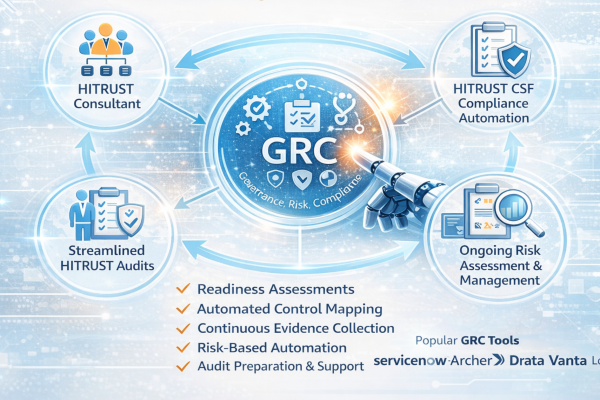Understanding Cloud Infrastructure Services: The Backbone of Modern IT
In the digital era, businesses increasingly depend on robust IT solutions to drive efficiency, innovation, and growth. One such critical solution is Cloud Infrastructure Services. This technology has revolutionized how organizations manage their IT resources, offering unparalleled scalability, flexibility, and cost-efficiency. In this blog, we will delve into the fundamentals of cloud infrastructure, explore its benefits, and understand why it’s a game-changer for businesses of all sizes.
What is Cloud Infrastructure?
Cloud infrastructure refers to the collection of hardware and software components, such as servers, storage, networks, and virtualization software, that are required to support the computing needs of a cloud-based environment. These components are typically delivered as a service over the Internet, enabling organizations to scale and manage their IT resources dynamically.
Components of Cloud Infrastructure
- Compute: virtual machines (VMs) and container services that provide application processing power.
- Storage: Scalable and resilient data storage solutions, including object storage, block storage, and file storage.
- Networking: High-speed, secure, and reliable network connections that link cloud services with users and devices.
- Virtualization: The technology that allows multiple virtual machines to run on a single physical machine, optimizing resource use.
How Cloud Infrastructure Services Work
Cloud infrastructure services operate on a pay-as-you-go model, where businesses only pay for the resources they consume. These services are managed by cloud service providers (CSPs) such as Amazon Web Services (AWS), Microsoft Azure, and Google Cloud Platform (GCP).
Flowchart: How Cloud Infrastructure Services Work
mermaid
Benefits of Cloud Infrastructure Services
Cloud infrastructure services offer numerous advantages that make them an attractive choice for businesses. Here are some key benefits:
- Scalability: Easily scale resources up or down based on demand without significant upfront investments in hardware.
- Cost Efficiency: Pay only for the resources used, reducing capital expenditure and operational costs.
- Reliability: Enjoy high availability and disaster recovery capabilities with data redundancy across multiple locations.
- Performance: Access high-performance computing resources and low-latency networks.
- Security: Benefit from advanced security measures and compliance certifications provided by CSPs.
Use Cases of Cloud Infrastructure Services
Cloud infrastructure services are versatile and cater to a wide range of business needs. Here are some common use cases:
- Application Hosting: Host web and mobile applications with high availability and scalability.
- Data Storage and Backup: Store large volumes of data securely and ensure data recovery in case of disasters.
- DevOps: Enable continuous integration and continuous deployment (CI/CD) pipelines for faster software development.
- Big Data Analytics: Process and analyze vast datasets to derive actionable insights.
- Machine Learning: Train and deploy machine learning models using powerful cloud-based resources.
Choosing the Right Cloud Service Provider
Selecting the right cloud service provider is crucial for leveraging the full potential of cloud infrastructure services. Here are some factors to consider:
- Service Offerings: Ensure the provider offers a comprehensive suite of services that meet your business requirements.
- Pricing: Compare pricing models and choose a provider that offers the best value for your investment.
- Performance: Evaluate the provider’s performance metrics, such as latency and uptime.
- Security: Verify the provider’s security measures and compliance certifications.
- Support: Evaluate the quality and accessibility of customer support services.
Flowchart: Choosing the Right Cloud Service Provider
mermaid
Future Trends in Cloud Infrastructure Services
As technology evolves, cloud infrastructure services continue to advance. Here are some emerging trends to keep an eye on:
- Edge computing: processing data closer to its source to reduce latency and enhance real-time data analysis.
- Serverless Computing: Enabling developers to run code without managing servers, simplifies the deployment process.
- Hybrid Cloud Solutions: Combining private and public clouds to provide greater flexibility and control.
- AI and ML Integration: Leveraging artificial intelligence and machine learning to optimize cloud operations and enhance security.
- Enhanced Security: Implementing advanced security measures such as zero-trust architectures and quantum cryptography.
Conclusion
Cloud infrastructure services are a cornerstone of modern IT strategy, offering businesses the ability to scale, innovate, and remain competitive in a rapidly changing digital landscape. By understanding the components, benefits, and use cases of cloud infrastructure, organizations can make informed decisions and harness the full potential of this transformative technology.
At Techtweek Infotech, we specialize in providing top-notch cloud infrastructure services tailored to your business needs. Contact us today to learn how we can help you leverage the power of the cloud.
Author







